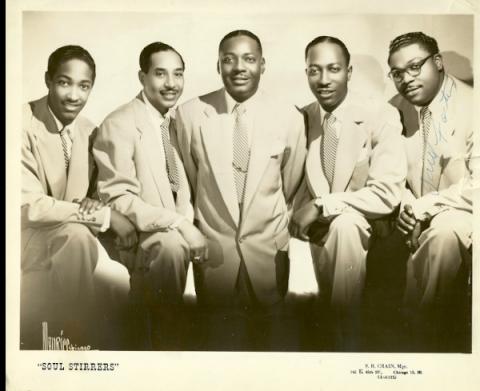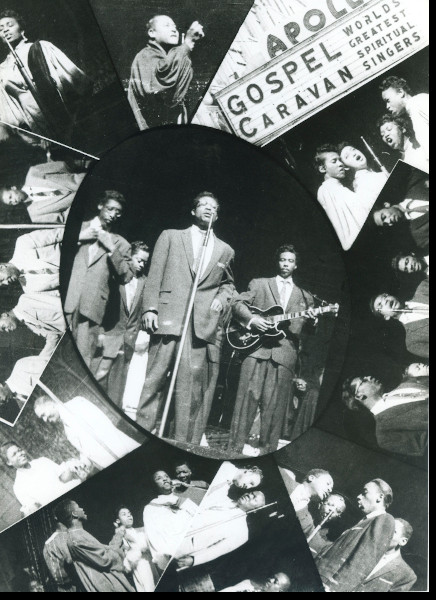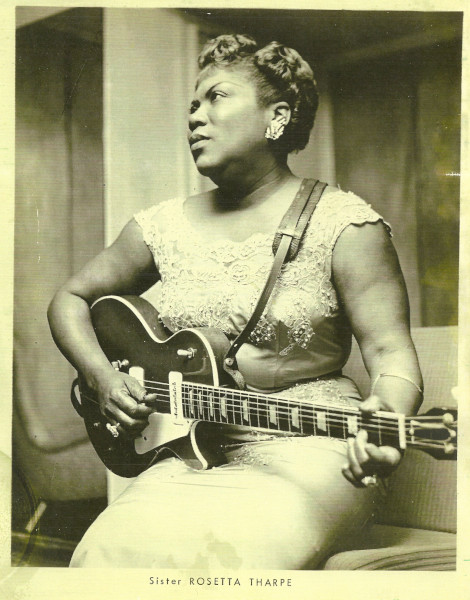New Film Pays Homage to Gospel Quartets and Their Evolution Into Rock ‘n Roll

How They Got Over: Gospel Quartets and the Road to Rock and Roll (First Run Features), directed by Robert Clem, presents an oral history of gospel quartets’ evolution into rock and roll, as they simultaneously combat prejudice and racism. The documentary captures the larger-than-life personas of the gospel performers Highway QC’s, Davis Sisters, Dixie Hummingbirds, and Sister Rosetta Tharpe, and examines the genre’s influence within the music industry and American pop culture.
From doo-wop, to R&B, to soul, to rock and roll, the gospel quartet’s influence on the evolution of musical genres between 1920-1960 is undeniable.” How They Got Over captures the musical style within each respective decade yet brings only surface-level summation for each decade.

Clem’s documentary is insightful but too broad to give audiences an in-depth examination of its subject matter. Topics such as the evolution of musical styling, gospel music culture, iconic figures, and racism are all examined, but each subject is addressed briefly with no real substance. The documentary should have focused on a few particular topics, rather than recounting 40 years of history within its 86-minute runtime.
It is also in need of editing. Archival footage is heavily used to diminishing returns. While it is special to see this footage preserved, its overuse brings the film’s narrative to a halt. There is multiple footage that lasts well over 2 minutes. There is no voice-over; it is simply the uncut footage. The formula of the film becomes interview, then archival footage, then back to interview.

However, its subject matter is endlessly fascinating, and the interviews Clem captures are special relics of musical history. The stories provided are engrossing. Clem has a clear adoration for the subject and his passion transcends the screen. The biggest issue with How They Got Over is simply that Clem’s scope is far too ambitious for such a short runtime. In covering everything, nothing feels particularly significant. In a perfect world, this documentary would have been made for television, with each topic explored in a full episode, and I hope Clem is given such an opportunity.
Author Bio:
Ben Friedman is a freelance film journalist and a contributing writer at Highbrow Magazine. For more of his reviews visit bentothemovies.com, his podcast Ben and Bran See a Movie, or follow him on Instagram, Twitter, and YouTube: The Beniverse.
For Highbrow Magazine































































































































































































































































































































